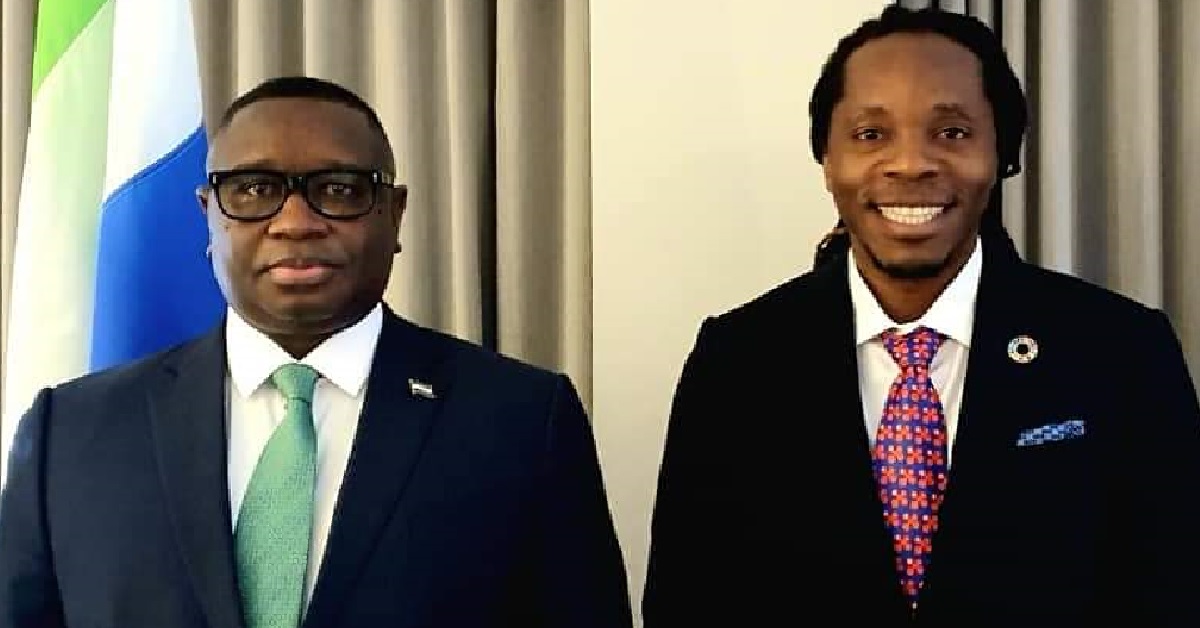The Minister of Basic and Senior Secondary School Dr. David Moinina Sengeh during the World Government Summit in Dubai on Tuesday 29th March 2021 has stated that there is no way the government alone can transform education without the contribution of Non-State Actors.
“When people talk about non-state actors, we immediately look at private schools, but in a place like Sierra Leone 60% of our schools are owned by missions and that means the religious community is a critical non-state actor. I think that the most important and often neglected non-state actors are the parents,” the Minister said.
According to him, every household has a beneficiary in the education system, whether in the private or public schools the curriculum is from the government, policies and examinations scheduled are from the government, adding that no one can remove him/herself from the public education system.
He said it is important to bring in the role of parents, what are the commitments that parents are making towards education beyond just paying school fees (for private schools), what are the commitments that the alumni associations are making in supporting education.
The Minister also emphasized the role individual countries can play in improving the education system globally.
“A lot of countries are claiming to have the ideas but don’t have money to implement. Countries have to make a commitment to increase domestic financing on education, even with that there is still not enough money coming from the Finance Ministry often in our countries, but such commitment can achieve a lot,” he said.
He calls on international partners to redirect debt relief to funding education as was done with COVID-19, adding that as education stakeholders, they should make global financial institutions understand and engage with countries that the burden of debt is too high and there should be debt relief which can go to the funding of education.
“The outbreak of COVID-19 thought us that the approach we have for education was wrong and it never gonna take us anywhere, and even by countries’ own estimates, we were never gonna meet the SDGs 4 target. I think that some of the things we can do are hybrid. There are areas in Sierra Leone where it is very difficult to get the appropriate amount of books for kids to learn, so we can deploy hybrid technology (online and offline) to enable digital learning,” he said.
He said it is never going to be a one size fits all, noting that it has to be a set of hybrid technologies based on the context and location with focus on the fundamentals which are equity and quality education.
“It doesn’t matter where we are, until public education is transformed we are all at a loss. It’s really a question of acting now; we don’t have time,” he said.











